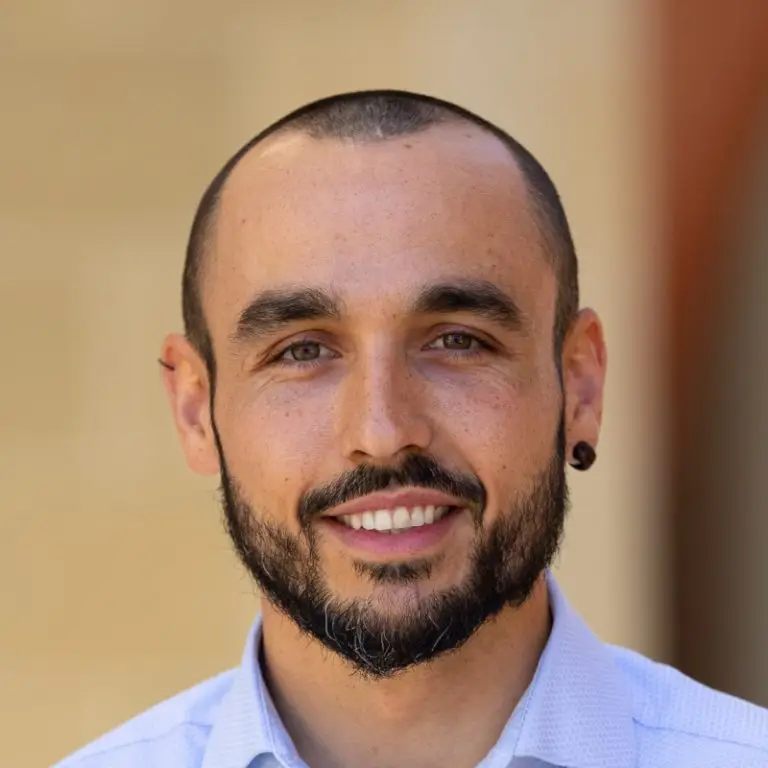
With this new $300,000 grant, LJI Assistant Professor Miguel Reina-Campos, Ph.D., sets out to make scientific training more accessible
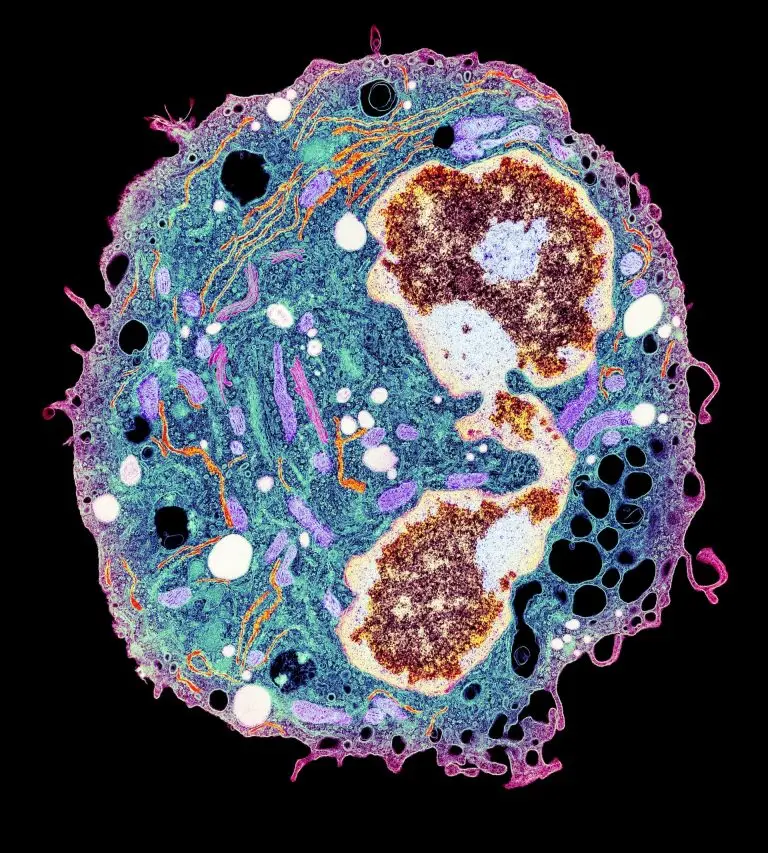
Pandurangan Vijayanand, M.D., Ph.D., and his lab members employ genomics tools to understand, diagnose and treat pulmonary disease such as asthma, lung cancer and infectious diseases, including the novel coronavirus.

Sonia Sharma, Ph.D., and her lab members lead unbiased, genome-scale approaches to unravel innate immunity, the body’s early immune response to microbial pathogens and neoplastic cells.

Alessandro Sette, Dr.Biol.Sci., defines in chemical terms the specific structures (epitopes) that the immune system recognizes and uses this knowledge to measure and understand immune responses.

Stephen Schoenberger, Ph.D., is focused on achieving a mechanistic understanding of the generation and regulation of T cell responses in the context of in vivo infection and tumor development.

Anjana Rao, Ph.D., focuses on understanding how signaling pathways control gene expression, using T cells and other cells of the immune system as models.
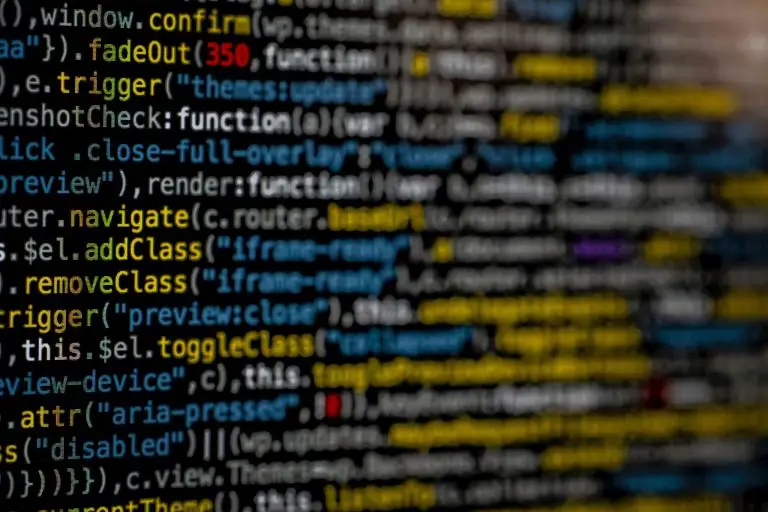
Bjoern Peters, Ph.D., and his lab members are focused on the development of computational tools to address fundamental questions in immunology.

Samuel Myers, Ph.D., studies the signaling circuits that drive the behavior of individual immune cells and ultimately orchestrate systemic immune responses.

Patrick Hogan, Ph.D., studies cells at the nano level – seeking to understand how protein-protein interactions on the submicroscopic scale can have gargantuan impacts on human health and disease.

Michael Croft, Ph.D., and his team focus on a number of molecules that are members of the tumor necrosis factor (TNF) and tumor necrosis factor receptor (TNFR) family.

Hilde Cheroutre, Ph.D., and her team study the development, function, and regulation of T lymphocytes, a type of white blood cells.
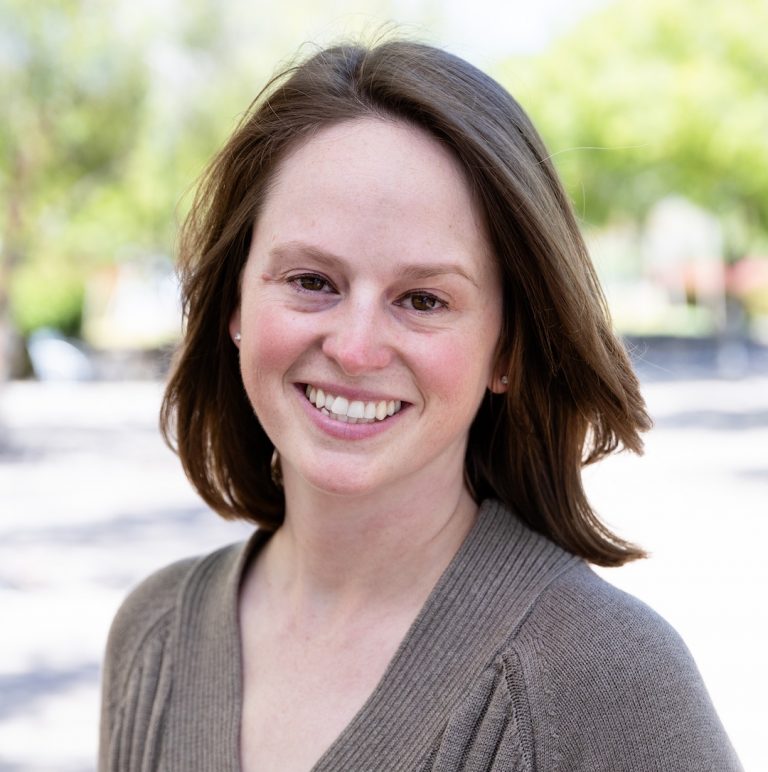
LJI scientist aims to answer fundamental questions about the development and maintenance of immune cells to prevent cancer

Dr. Reina-Campos’ lab seeks to understand the underlying principles governing tissue immune networks that enable robust and long-term protection against infection and tumors.

Ferhat Ay, Ph.D., works to understand gene regulation in complex organisms and diseases.
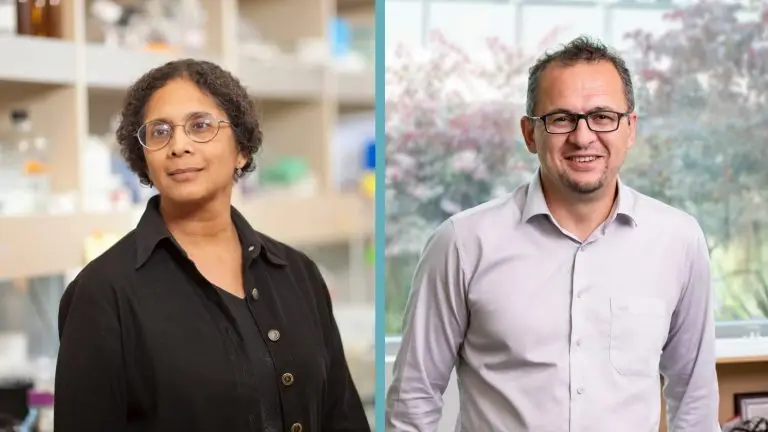
New research may help scientists hunt down solid tumors and better diagnose disease

LJI's Flow Cytometry Core brings cutting-edge technology to immune system researchers
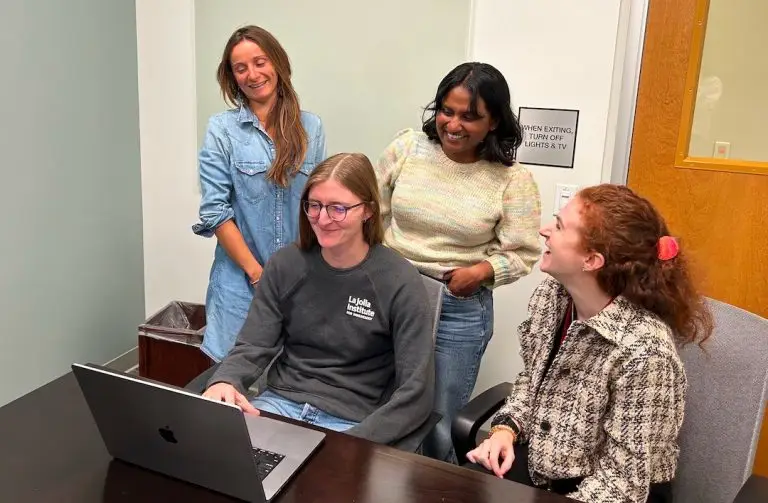
Vaccine researchers take on the challenge of predicting B. pertussis immunization outcomes
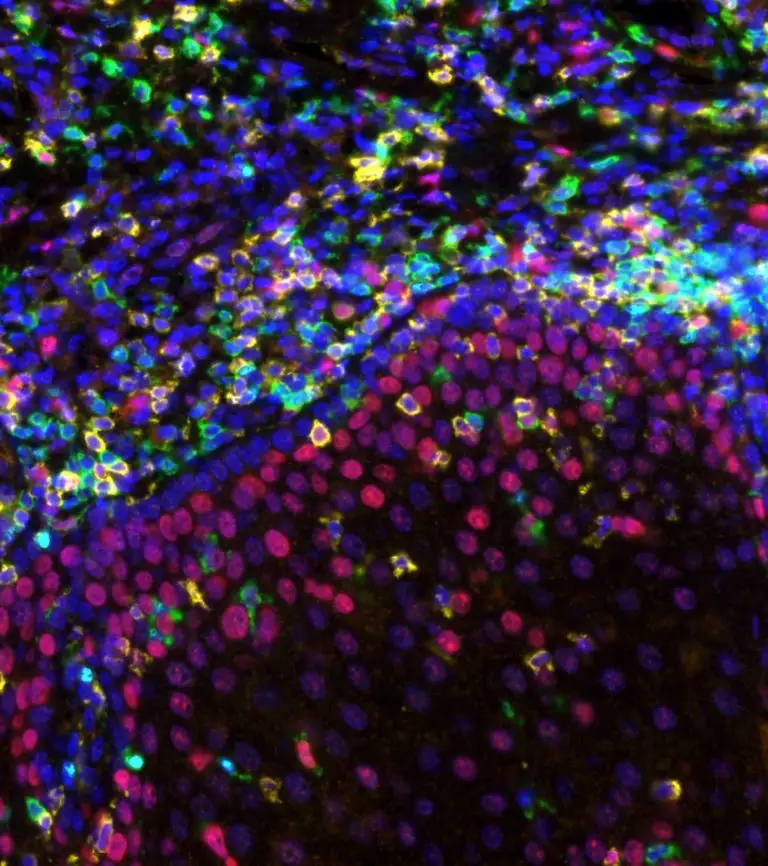
Scientists find evidence that all cancer patients mount an immune response to their tumors, suggesting that many more patients could benefit from personalized immunotherapy

New research suggests a small group of pediatric brain tumor patients may benefit from immunotherapy
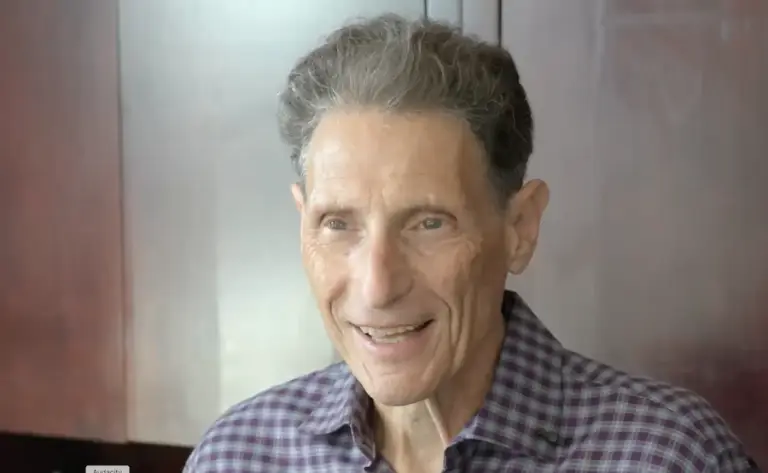
LJI researchers investigate a group of T cells known for their unusual response to pathogens
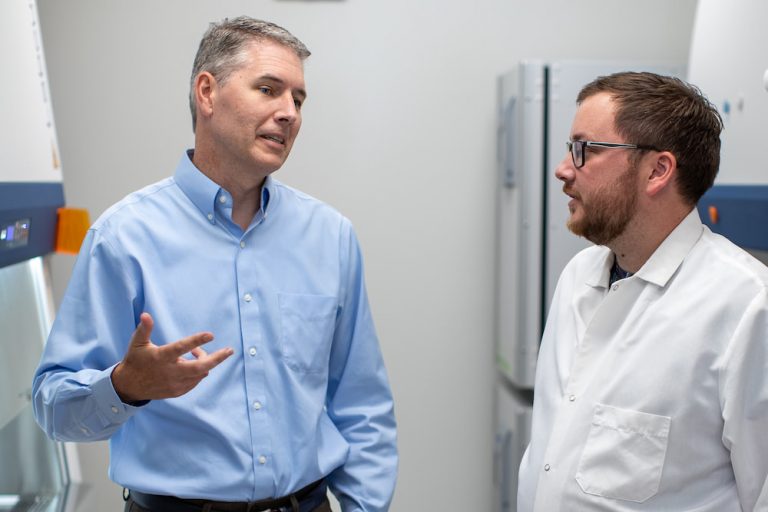
LJI scientists test new vaccine strategy to help the body target HIV
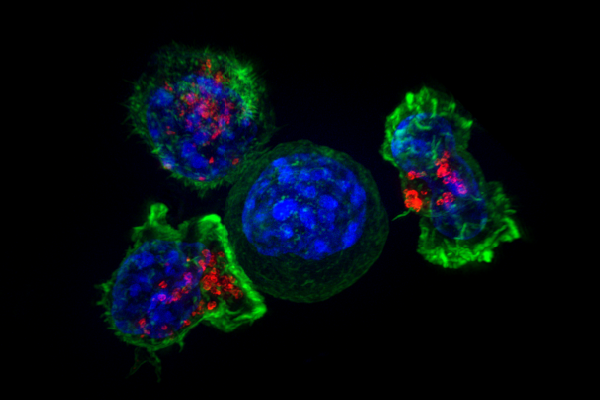
New LJI research could keep cancer-fighting T cells from burning out before the job is done
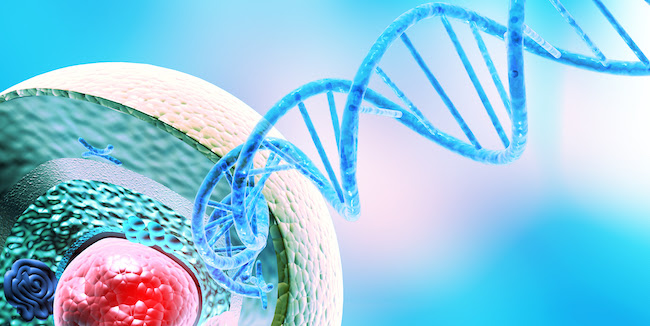
LJI scientists develop new tool for understanding enzymatic activity linked to blood cancers and heart disease
In 2013, Dr. Vijayanand teamed up with Professor Christian Ottensmeier at the Cancer Center, University of Southampton, UK, to set up a large patient-centered cancer immunology program. Our work utilizing genomics tools to study T lymphocytes present in cancer…
Immunotherapies for head and neck cancer: To develop new cancer therapies by studying how the immune system, by way of neo-antigens, can recognize and eliminate tumor cells by targeting molecules only found on the surface of the tumor cells. The…
Preliminary data from our lab shows that vascular endothelial cells (vECs) mount remarkably potent innate responses to cell-free DNA, which is well in accordance with their role as sentinels of the blood. However, little is known about how the contribution…























